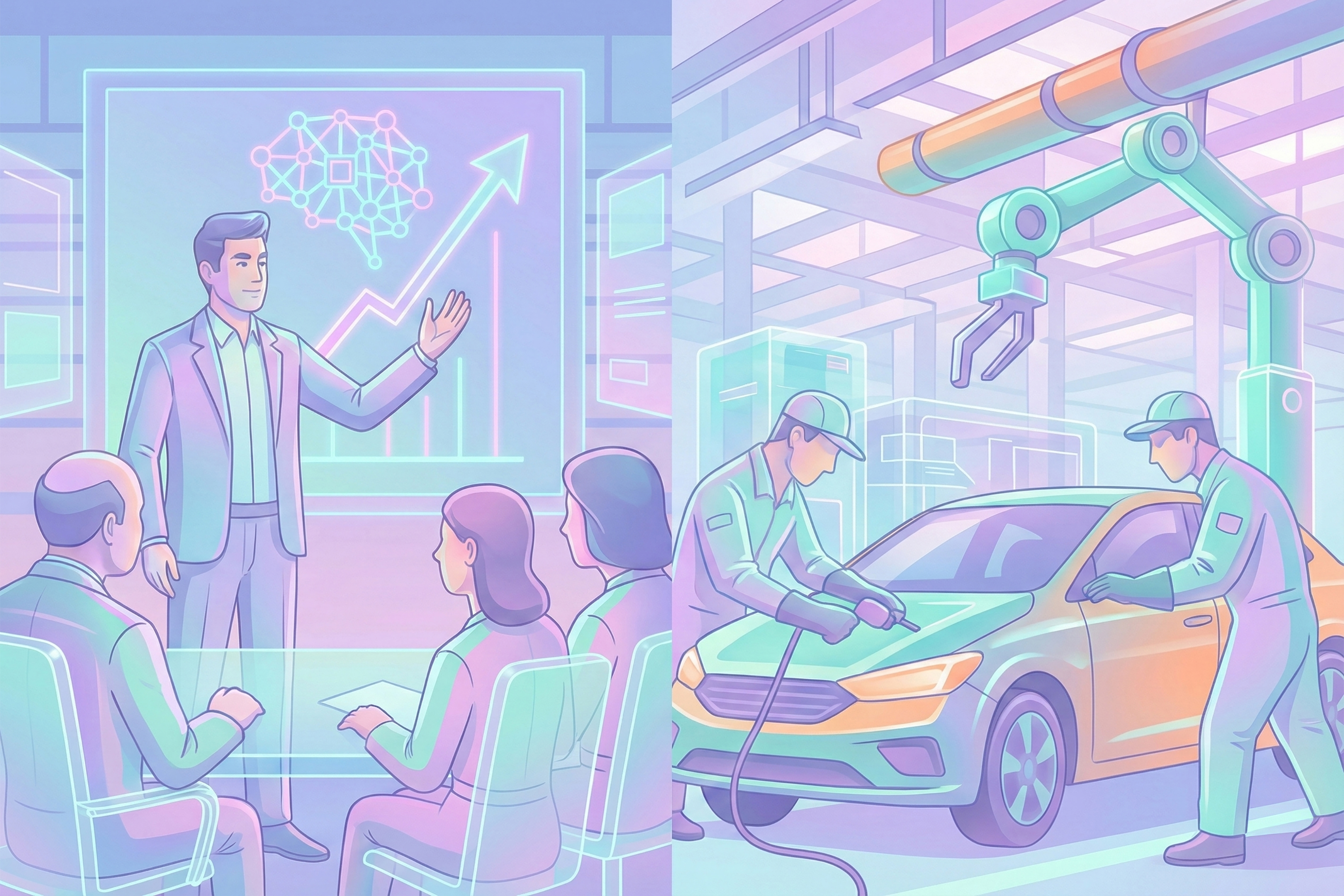
When it comes to moral values, lifestyles, or attitudes that vary from one generation to the next, the well-known phrase everything used to be better pops up every now and then. However, a new kind of concern is rising that seems to address more objective matters which are permanently lost in the next generations. The umbrella concept that addresses this type of concern is called Generational Amnesia, the idea that fundamental matters are lost unnoticed.
Till now, the nostalgic sentiment that ‘everything used to be better’ has often pointed to merely subjective values of which we can still imagine or remember how it was when they were accurate: a more respectful attitude towards the elderly, being more tolerant towards different points of view, etc. However, lately this cliché also seems to address the disappearance of more objective matters that, once lost, are hard to be ever remembered accurately: generational amnesia. Kahn introduces this idea in relation to our definition of nature. If one encounters only one type of pollution, no matter how ‘much’ it is, it will not be seen as pollution, and it will become the norm instead. With each ensuing generation, the amount of environmental degradation is increasing. Each generation takes this degraded condition as the non-degraded condition, i.e. as the normal condition, causing the actual environment to degrade unnoticed. Kahn calls this environmental generation amnesia.Although Kahn only applies this idea in relation to our concept of nature, the fear of generational amnesia is present in other domains as well. In the attention economy, for example, some former workers of Google, Twitter, and Facebook who helped make technology so addictive, fear that their creations cause our cognitive abilities to diminish in such a way that we will not be able to remember or reflect on our authentic intentions and desires. In the discourse on alternative facts, the fear of generational amnesia is presented in the idea that when authorities take facts to be no more than one of many possible interpretations of reality, over the course of time, fundamental tools to navigate through the abundant information supply will be lost.In all of these examples, objective matters are lost unnoticed: natural environments, cognitive abilities, epistemic tools. Although the generations that deal with these losses will not experience them as such, their quality of life will nevertheless diminish: less access to nature, less cognitive abilities, less grip on information. Since these kinds of losses can only be understood in advance, responsibility can only be taken in advance as well.

